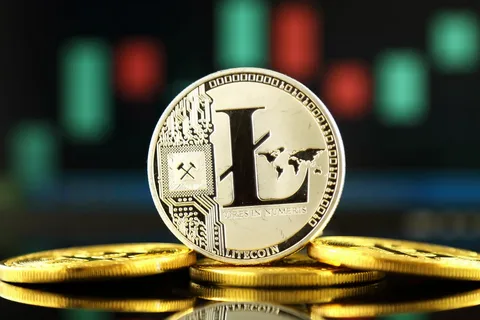The Bitmain Mayhem: How the Company’s Acquisition of Antpool is Sent Shockwaves Through the Industry
On March 8, 2022, the digital currency mining industry was shaken to its core as the news broke that Bitmain, the world’s leading mining hardware manufacturer, had acquired Antpool, its largest competitor. The transaction sent shockwaves through the industry, leaving many experts and enthusiasts wondering what implications this move would have on the global mining landscape.
For those unfamiliar, Antpool is one of the largest mining pools in the world, responsible for roughly 15% of Bitcoin’s total hash rate. Its acquisition by Bitmain marks a significant shift in the balance of power, with the combined entity set to dominate the global mining landscape.
Industry Wide Concerns
The immediate concern is the potential reduction in competition, which may lead to increased mining power and a further concentration of mining pools. This scenario has the potential to drive up costs for smaller mines, making it even harder for them to stay profitable. As a result, the industry is bracing for a potential wave of consolidations and closures as smaller players struggle to adapt.
Another area of concern is the potential impact on mining diversity. Antpool’s acquisition by Bitmain raises questions about the consolidation of mining power, leading to concerns about the network’s decentralization and its potential vulnerability to 51% attacks.
Financial and Market Implications
The acquisition is also having a significant impact on financial markets. The value of Bitcoin and other cryptocurrencies dropped sharply in the hours following the announcement, as traders and investors began to reassess the potential implications of Bitmain’s increased dominance. The market is likely to remain volatile in the short term as investors weigh the potential risks and benefits.
A Shift in Supply and Demand
The transaction is also expected to affect the supply and demand balance of mining hardware. Antpool’s acquisition by Bitmain may lead to reduced competition in the mining chip market, potentially driving down prices and making it cheaper for smaller mines to get into the game. This could, in turn, increase demand for mining equipment, driving up sales for Bitmain and its competitors.
A New Era of Mine Pool Competition
While concerns about competition and diversity are valid, the acquisition can also be seen as an opportunity for innovation and disruption. Bitmain’s massive resources and expertise may unlock new technologies and solutions for the mining industry, ultimately leading to increased efficiency, reduced costs, and higher profitability for miners.
Antpool’s acquisition by Bitmain also raises questions about the future of mining, as the company is positioned to become a dominant force in the industry. Could we see a shift away from the traditional mining pools and towards more decentralized solutions? Only time will tell.
Conclusion
In conclusion, the acquisition of Antpool by Bitmain is a significant event in the digital currency mining industry, sending shockwaves across the globe. While the potential implications are far-reaching and complex, the immediate concerns about competition, market impact, and financial fluctuations are valid. As the dust settles, it is clear that this move is a game-changer for the industry, and the coming months will be an exciting time to watch and see how the mining landscape evolves.
Will Bitmain’s dominance lead to further consolidation and increased costs for smaller mines, or will the company’s resources lead to innovation and disruption? The answer to this question is yet to be written.

